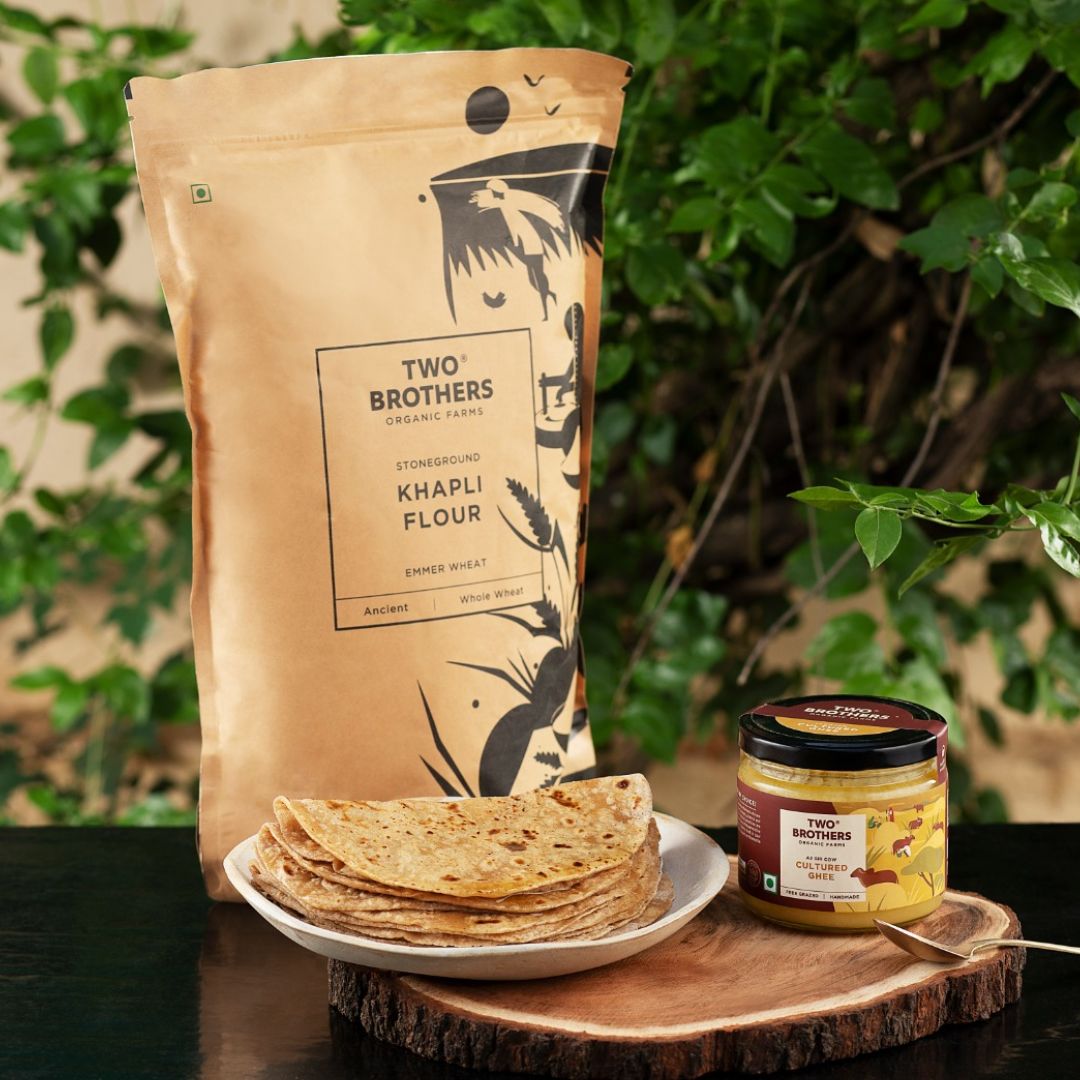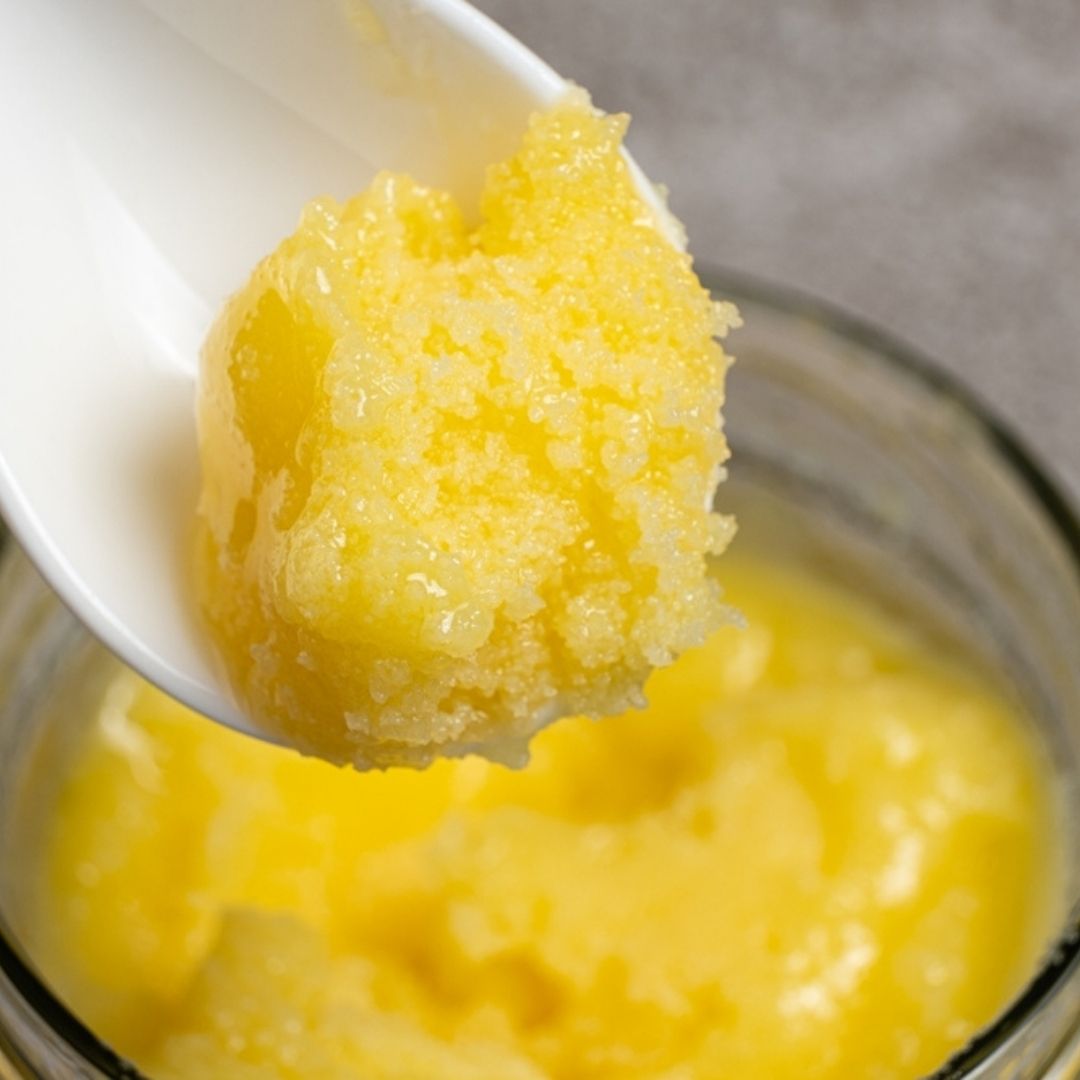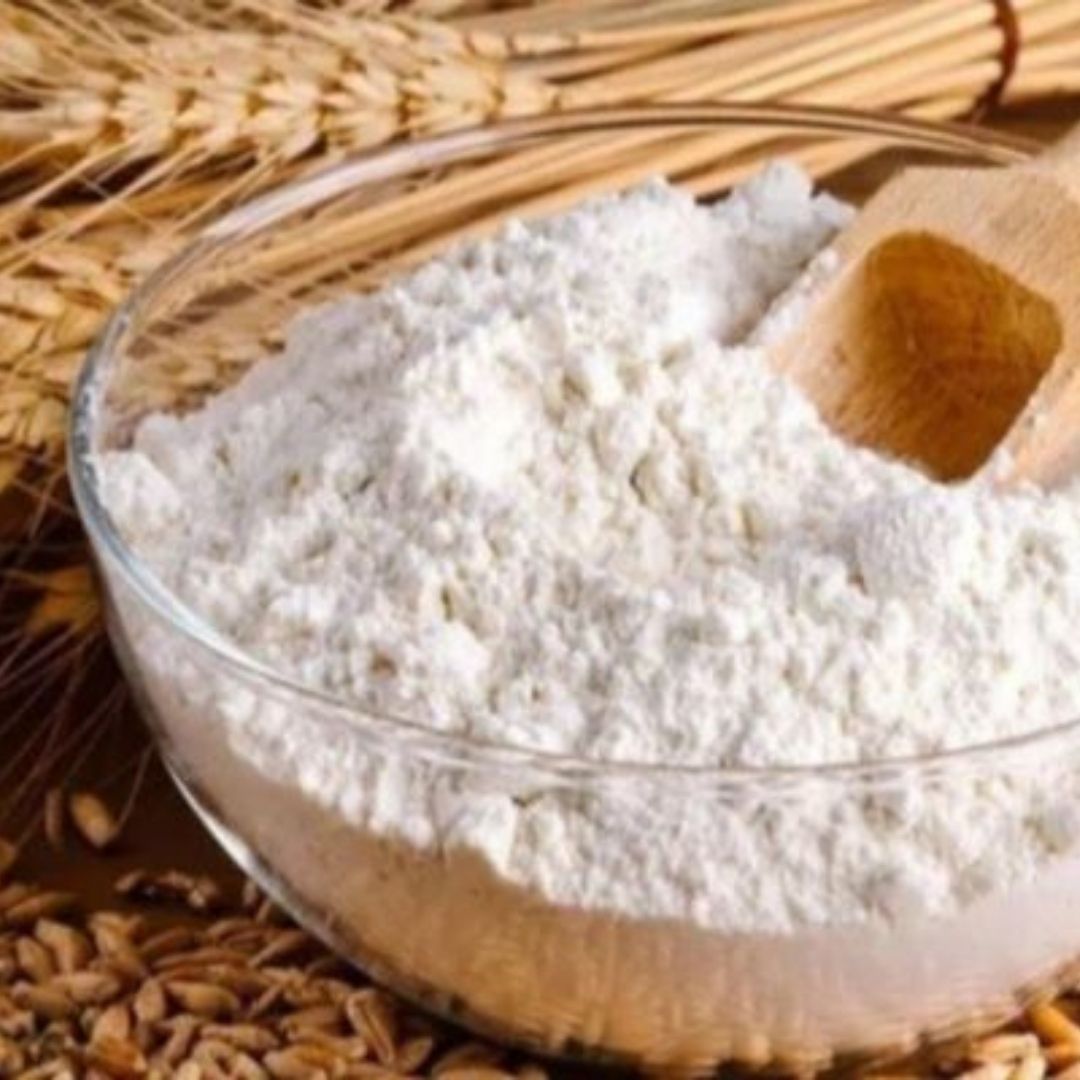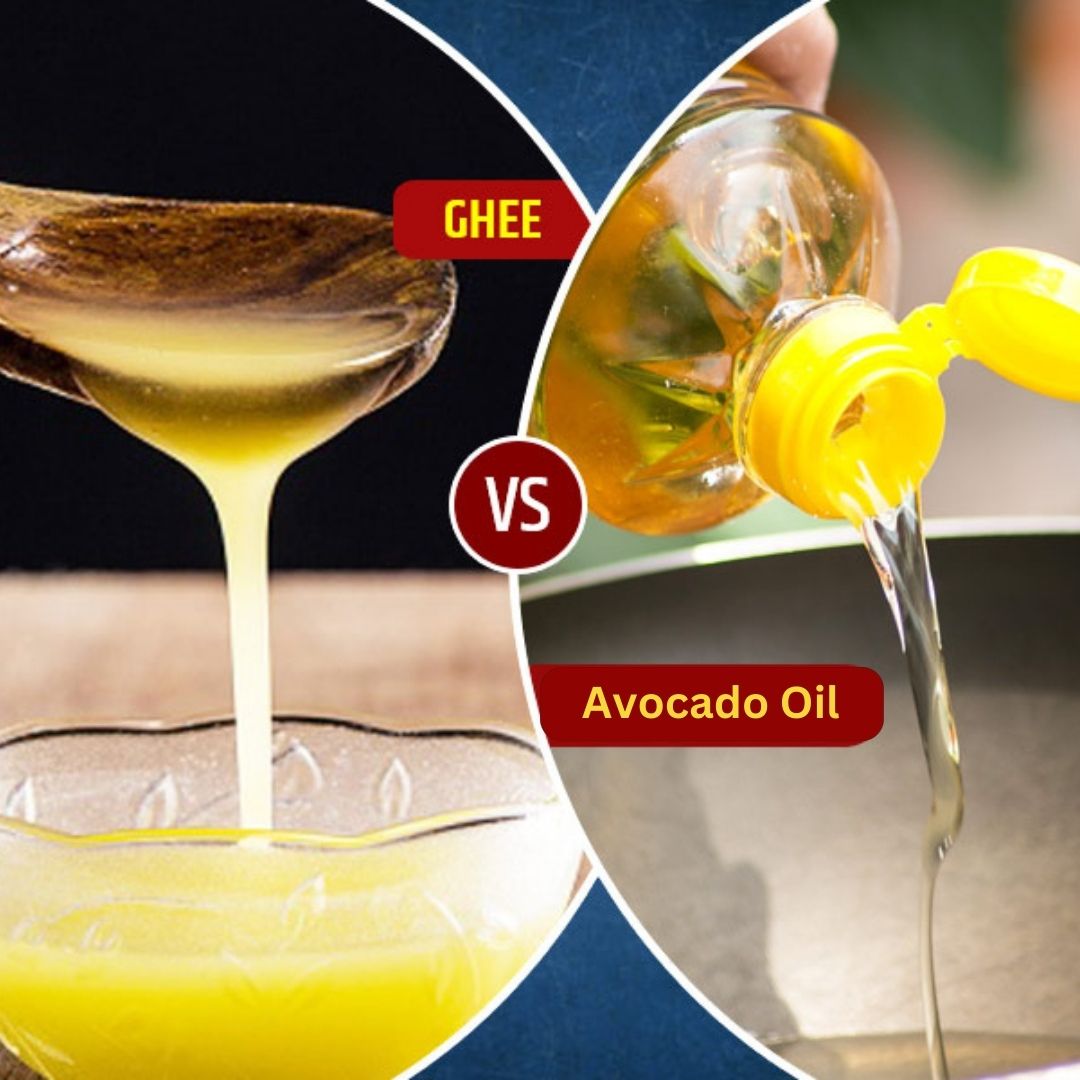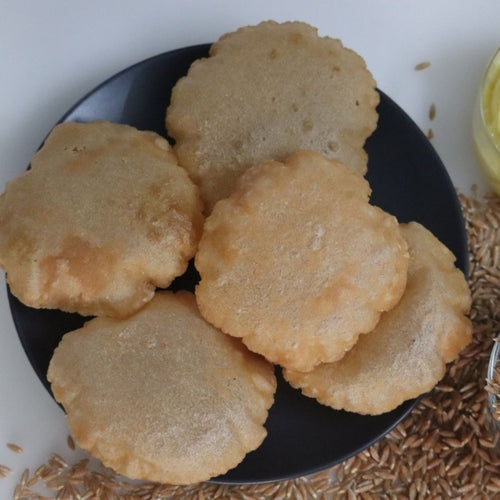Ever found yourself with surplus lemons from the market and not in the mood for lemonade? Instead of the usual, why not spice up your meals with something tangy and flavorful? How about transforming these lemons into zesty, tangy pickles that would add a punch of taste to your boring sandwiches or your favorite curry! Well, it's a refreshing twist from the ordinary but a secret to connect with your childhood memories, and a nostalgic taste of homemade pickles.
Usually, lemons have been known for their medicinal properties since ancient times. A powerhouse of Vitamin C, lemons have natural antibacterial and antiseptic properties. Now, lemons can be pickled in a variety of methods. Be it the traditional salt preservation, or oil curing, quick pickling via refrigeration, or more. Of all these, lacto-fermentation is the most approved and effective method.

Wondering what this process is all about, and how it is done? Come, let's find out.
What is the Lacto-Fermentation method of Pickling?
Lacto-fermentation is an age-old method used for preserving vegetables, making yogurt, sourdough, kimchi, and of course, pickles.
For this, the fruits or vegetables are first submerged in salt water or brine, encouraging the growth of Lactobacillus bacteria. This beneficial bacteria then converts sugars into lactic acid, resulting in a deliciously sour and probiotic-rich pickle.
This process usually takes about 5 to 7 days, and it's how we create all our pickles at Two Brothers Organic Farms. Now, let's dive into the details of making your own lacto-fermented lemon pickle, a.k.a ‘nimbu ka achaar’.
Interesting Facts About Lacto-Fermented Lemon Pickle:

-
Oil-free: Unlike traditional pickles, this method uses no oil.
-
Unique flavor: Lacto-fermented lemon pickle has a distinct tangy flavor, perfect for replacing lemon juice in recipes.
-
Gut-friendly: Packed with probiotics, it's great for digestion and maintaining gut health.
-
Long Shelf Life: It can last up to a year when stored in a cool, dry place.
-
Versatile: Pairs well with bread, naans, sandwiches, burgers, wraps, and rolls.
- Health benefits: Regular consumption may improve immunity and relieve morning sickness and nausea
So, you must be thinking why not stick to the traditional method of pickling lemons? Of course, that’s an option too!
Yet, this method offers a quicker approach and yields a uniquely flavorful pickle.
Lacto-fermentation technique for making ‘nimbu ka achaar’:

Here’s how you can make lemon pickles using the lacto-fermentation technique. Let's begin with the ingredients first:
-
8 lemons
-
¼ cup salt
-
½ tsp turmeric powder
-
½ tsp carom (ajwain) seeds
-
4 green chilies
-
50 mm of grated ginger
-
6 whole, grounded red chilies
Now, let's dive into the core making process:
-
Preparation: Wash and dry the lemons. Cut four lemons into quarters and squeeze out the juice, keeping it separate.
-
Mix: Chop the remaining lemons into small pieces. Place all lemon pieces in a sterilized jar.
-
Spice mixture: Mix lemon juice with salt, turmeric, green chilies, ginger, and carom seeds.
-
Combine: Pour the spiced lemon juice over the lemon pieces, ensuring they are well-coated.
-
Fermentation: Seal the jar and leave it under the sun for a week, shaking it occasionally.
-
Enjoy this vibrant, no-oil lemon pickle with your meals, adding a burst of flavor to khichadi, paratha, or curd rice.
So, is it not possible to make lemon pickles the traditional way? The answer is yes! Let's find out how:

Grandma’s Recipe for Delicious Lemon Pickle
This traditional South Indian variation uses sesame oil and a mix of spices for a rich, flavorful pickle. Though a little time consuming over the lacto-fermentation technique,this method produces no less delicious lemon pickles for you! So, what goes into its making? Below, are a list of ingredients:
-
6-7 large lemons
-
1 tbsp sesame oil for pan-frying
-
1 tsp turmeric powder
-
2 tsp salt
-
3 tbsp sesame oil
-
1 tsp mustard seeds
-
1 tsp fenugreek seeds
-
1-inch ginger, finely chopped
-
3-4 garlic cloves, finely chopped
-
1-2 tsp green chilies, finely chopped
-
8-10 curry leaves
-
1 tbsp Kashmiri red chili powder
-
½ tsp asafoetida (hing)
-
1-2 tbsp white vinegar (optional)
-
Additional sesame oil to top
Next, let's learn about the steps in detail:
-
Preparation: Rinse and dry the lemons. Pan-fry them in sesame oil until slightly browned.
-
Chop: Cool and chop the lemons, then mix with turmeric and salt.
-
Tempering: Heat oil, add mustard and fenugreek seeds, ginger, garlic, chilies, and curry leaves. Once aromatic, add chili powder and hing.
-
Combine: Mix in the chopped lemons and vinegar. Cool and transfer to a jar, topping with more oil.
Now that your tangy treat is ready to savor, let`s know a few fun and lesser known facts about lemons and ‘nimbu ka achaar’.
FAQs: How To Make Lemon Pickle?
Why is my lemon pickle bitter?
It is common to get a bitter taste in a freshly made lemon pickle. Once they mature, the bitterness goes away, leaving behind a tangy, delicious pickle. Sometimes, lemon skin and seeds can also add bitterness to the pickle. You can deseed the lemons and choose to use good-quality lemons, like the Kagzi variety, to make pickles.
Which varieties of limes and lemons are best suited for pickling?
There’s a wide variety of lemons available in India. The lemons found in different parts of the country vary in terms of taste, juiciness, structure, shape, size, and colour. For pickling, it's best to look for lemons that are juicy and have thinner skin. A few common varieties of lemons available in India are Kagazi or Jambhiri, Narthangal, Heralekai, Bijaura or Pahadi Nimbu, and Galgal that are perfect for pickling.
How long does lemon pickle last?
Lemon pickles can easily last up to a year when kept away from moisture.
What is lemon pickle good for?
Lemon has several health benefits. It improves metabolism, reduces inflammation, detoxifies the body, and provides vitamin C, B6, and dietary fibre. The intake of vitamin C improves iron and vitamin D absorption. It is also good for heart, liver, and kidney health. Lemons are also efficient at weight management.
How do I know if my homemade pickles are bad?
You can easily tell if the pickle has gone bad by looking at it. The pickle will turn discoloured and cloudy. The brine will appear dull, and there will be a possible growth of mold in it. Discard the pickle at once if there are any such signs.
Conclusion

Thus, in a world full of condiments, a good pickle really stands out. Lemon pickle or nimbu ka chase is versatile, and enhances everything from rice dishes to traditional meals with its tangy goodness. Lacto-fermented lemon pickle, in particular, offers a probiotic boost, aiding digestion and overall health. However, for a ready-to-eat, healthy option, check out Two Brothers Organic Farms Lemon Pickle. It's the perfect blend of tradition and health, made with love and care.



